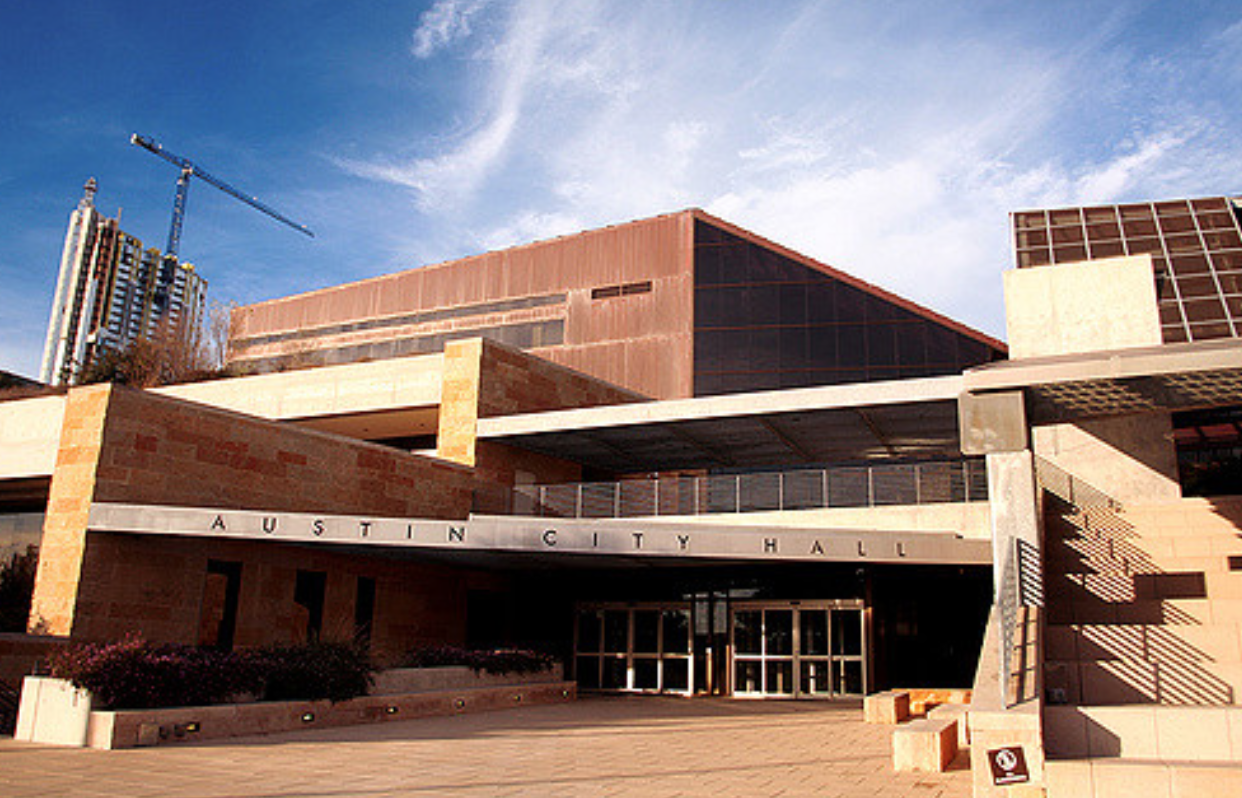Title Page
The Atlanta Suburbs May Finally Be on Board for Transit. Streetsblog USA.
Introduction
Lawsuit: Government Placing Low-Income Families in Flood Prone Apartments. ABC13.
"Literally half of the complex is within the floodway," said lawyer Kimberly Brown Miles with Lone Star Legal Aid. "Whenever there's a rainstorm, the bayou swells. It's very, very easy to flood."
Miles filed a lawsuit on behalf of Daija and 12 other Arbor Court tenants.
The suit claims that the apartments are infested with insects and rats and unsafe. The suit blames the U.S. Department for Housing and Urban Development for continuing to contract with the complex, despite the problems.
Executive Summary
The 90s-era myth of the "super-predator" packs of youth committing heinous crimes has had lasting effects on America's cities, including in the form of juvenile curfews. "By 2009," writes Ivonne Roman for The Marshall Project, 84 percent "of cities with populations greater than 180,000 had enacted curfew laws. They remain an alarmist staple in communities across the country."
Evidence suggests however, the article argues, that these restrictions have done little to "prevent victimization or reduce juvenile crime."
At least one Texas city agrees. Austin recently decided to do away with its juvenile curfew because, as the police department's assistant chief told The Marshall Project, "...it wasn't making an impact on juvenile victimization."
Along with since revised truancy laws, curfew restrictions resulted in problematic enforcement. Violators were handed misdemeanors with fines and fees and had to answer in adult court without guaranteed representation. Curfews were also prone to profiling, according to the assistant chief, Tory Gay, who were looking for people of a certain age not for suspicious activity.
"I rather have my officers do something more productive with their time," Gay said.
Conclusion
Austin's mayor effectively halted a years-long effort to rewrite the city's land development code and address a range of problems including traffic and mobility concerns, gentrification and displacement and housing affordability problems. In a lengthy post on the city's council message board Wednesday, Mayor Steve Adler wrote:
CodeNEXT, the current process of rewriting our land development code, is big, complicated, technical, and it's largely misunderstood. The six-year process that got us to this point has had to deal with changes in city staff and leadership, the political landscape, our economy, technology, and our municipal governing systems and philosophy. Maybe we pushed too hard and too fast? Maybe we took too long? Regardless, our challenges remain and they are getting worse every day.
After years of work and resources went into the project, the meetings and public conversation around the process, he wrote, had become increasingly divisive and prone to misinformation. "We should consider the option: cease the CodeNEXT process and ask the City Manager to create a new process that will help us move forward together," wrote Adler.
Endnotes
The latest issue of #MapLab, our email newsletter for map lovers and mapmakers, is out now! Get the next one in your inbox: https://t.co/ATxy04G2li. Read this one ⬇️ https://t.co/N1UNQsc27v
— CityLab (@CityLab) August 2, 2018

